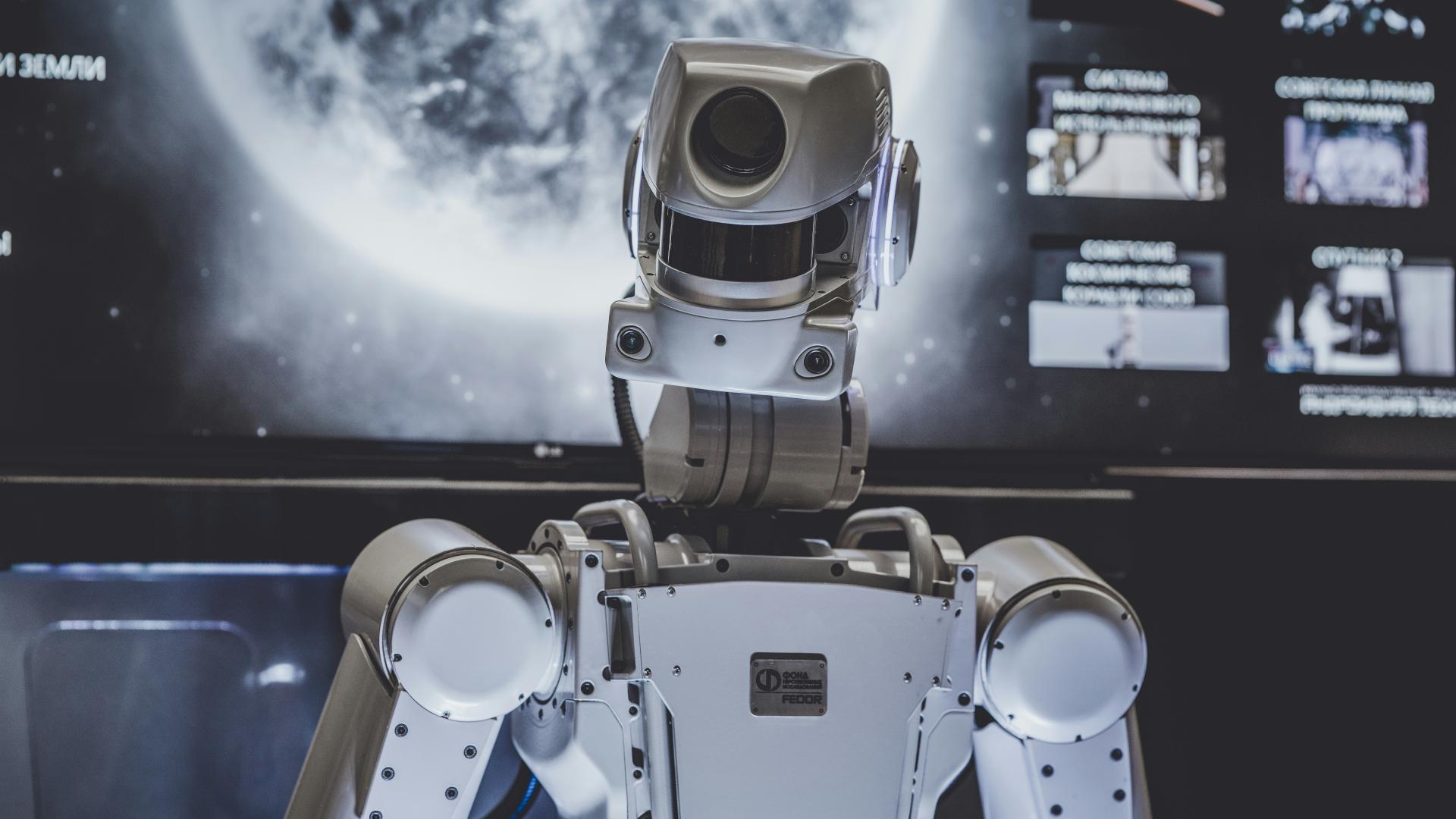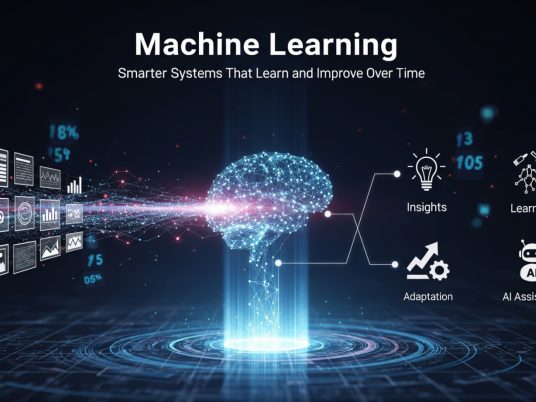Smart. Predictive. Data-driven — Machine Learning powers systems that adapt, improve, and act intelligently.
Drive Smarter Decisions with Machine Learning
Machine Learning enables systems to learn from data, adapt to patterns, and make informed decisions without human intervention. From predictive analytics to personalized recommendations, ML empowers businesses to unlock data-driven insights and automate complex processes. With scalable models and real-time learning, Machine Learning transforms raw information into intelligent action.
Machine Learning: Smarter Systems That Learn and Improve Over Time
Machine Learning transforms data into actionable intelligence by enabling systems to learn from patterns, make predictions, and optimize decisions without explicit programming. It’s the engine behind personalized recommendations, fraud detection, and predictive analytics. Scalable and adaptive, Machine Learning allows you to automate complex processes and uncover hidden insights that drive smarter business outcomes.
Train models to predict future outcomes from data patterns

Extract insights to support smarter, evidence-based decisions
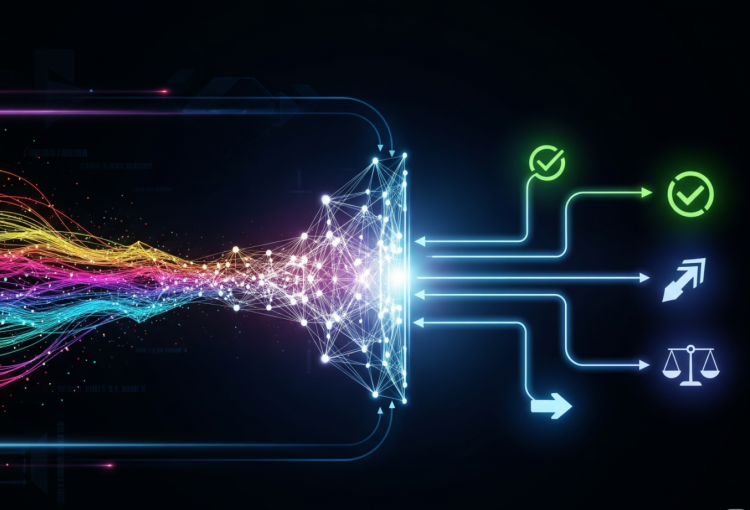
Choose from various models for different problem types
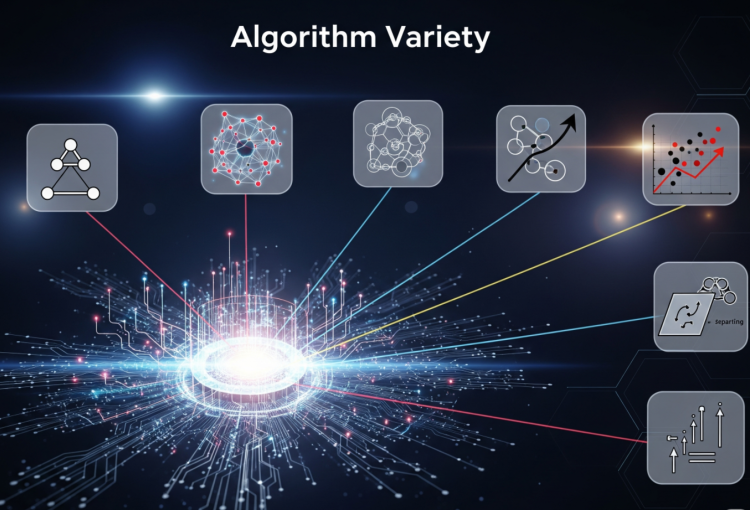
Train on large datasets using cloud or distributed systems
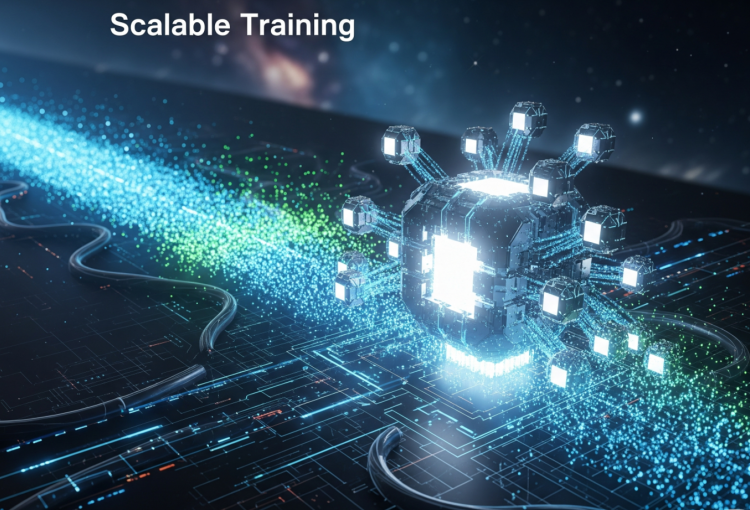
How Machine Learning Automates Smarter Decisions with Data-Driven Insights
Machine Learning empowers systems to analyze vast amounts of data and detect hidden patterns without explicit programming. By continuously learning and adapting from new information, it enables businesses to automate complex decisions, personalize user experiences, and optimize operations at scale. From predictive analytics to fraud detection, Machine Learning transforms raw data into actionable intelligence that drives growth.
What is Machine Learning?
Machine Learning is a branch of AI that enables computers to learn from data and improve their performance without being explicitly programmed.
How does Machine Learning work?
It uses algorithms to analyze data, identify patterns, and make predictions or decisions based on new inputs.
What types of Machine Learning are there?
Main types include supervised learning, unsupervised learning, and reinforcement learning, each with different approaches to training models.
What industries use Machine Learning?
Healthcare, finance, marketing, automotive, retail, and many more use Machine Learning for predictive analytics, recommendations, and automation.
Do I need a lot of data for Machine Learning?
Generally, more data improves model accuracy, but small datasets can still be useful with techniques like transfer learning.
What are some common Machine Learning algorithms?
Examples include decision trees, support vector machines, neural networks, and k-nearest neighbors.
How is Machine Learning different from traditional programming?
Traditional programming follows explicit rules coded by developers, while Machine Learning models learn rules from data.
Can Machine Learning models make mistakes?
Yes, models can misclassify or predict inaccurately, especially with noisy or biased data.
How long does it take to train a Machine Learning model?
Training time varies based on data size, algorithm complexity, and computing power — from minutes to days.
What are some challenges in Machine Learning?
Challenges include data quality, overfitting, interpretability, and ensuring fairness and ethical use.
Let’s Harness the Power of Machine Learning Together
Have a data-driven idea to automate decisions or personalize experiences? Collaborate with us to build intelligent solutions that learn, adapt, and grow with your business. Whether it’s predictive analytics, recommendation engines, or process automation, we deliver scalable Machine Learning applications tailored to your needs.
